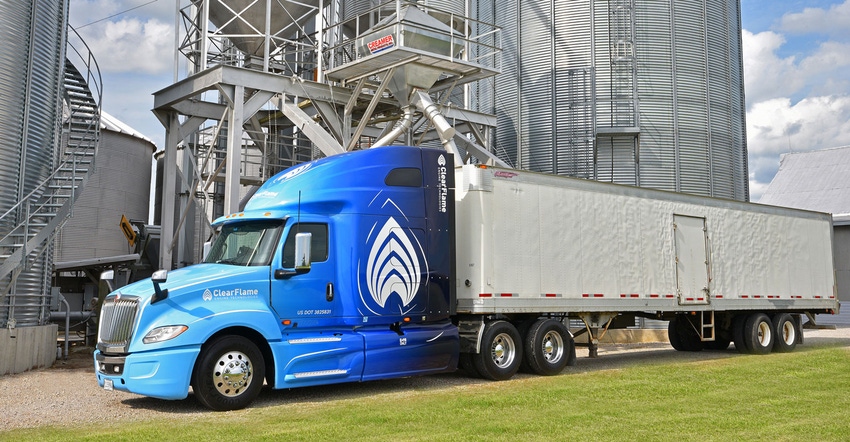November 23, 2022

The engines of agriculture are diesel, mostly, and gas. But is that what you’ll burn in the future? Recently, Agco launched the Core engine line designed as a future-proof approach for a business that in the next decade could see some big changes in fuel sources to power farm equipment.
But where is that science going? And what might it mean for you?
The good news is that the compression-ignition engine won’t simply disappear overnight. Rudolf Diesel had a great idea more than 100 years ago, and you’re relying on it today. Though, I doubt Dr. Diesel would recognize that common-rail engine you’re running in the latest farm equipment.
Still, the fuel would be familiar. Yet, a lot of work is being done on changing fuel sources. Some we know about today, and some are still under development in research and startup-company labs around the world.
Recently, the Fuel Institute issued a 44-page report, “Future Capabilities of Combustion Engines and Liquid Fuels.” The report looks at everything from car engines to off-highway applications.
Carbon-friendly liquid fuels are already available to be tested for today’s engines. They might need some aftermarket modifications; however, it’s reassuring that our familiar engines will still be chugging along using more environmentally friendly energy for some time to come.
New fuels ahead
The diesel engine is an amazing powerplant. Back in the mid-1980s, I traveled to England on a Massey Ferguson trip to visit its plant in Coventry. During that visit, the ag journalists got a look at experimentation being done on different kinds of fuels for use in developing countries where diesel might not be readily available.
I learned about using sheep fat to power tractors, and turning timber or charcoal into wood gas with an ol’ wood gas generator. This would allow use of timber to power a tractor, although I’m pretty sure that approach may not be so carbon friendly, but it does show the versatility of the compression-ignition engine.
The startup ClearFlame has been getting a lot of coverage lately, including some from me. Its product converts a conventional diesel engine to run on ethanol. Beck’s is testing a semi with the engine, and John Deere is working with the startup to convert its popular 9-liter engine to run on ethanol. It will be interesting to see how this evolves in the next year.
But farmers already have access to carbon-friendly fuel with biodiesel and renewable diesel. Both use vegetable or animal oils to create fuel that burns in a diesel engine. Renewable diesel is getting more attention because it is a drop-in replacement for diesel, and biodiesel isn’t. But both show the opportunity to move to fuel sources that are carbon-friendly.
The Fuels Institute’s report also discusses research into other types of fuel. Some won’t be commercially viable for some time; others are nearing the market. They use new nonpetroleum feedstocks, including cellulose and sugars from plants. Their development may offer new markets for farmers raising these crops as a fuel source.
You May Also Like




